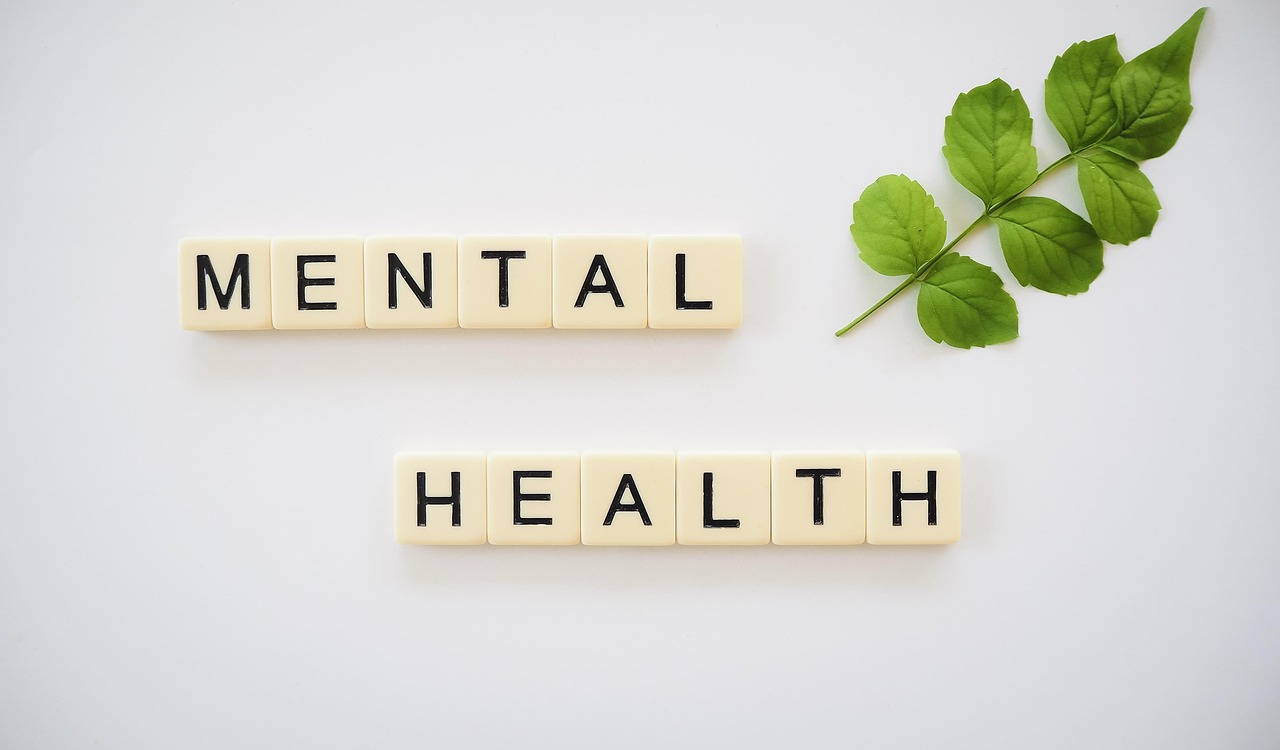Depression Self-Checks — Signs Patterns and Screening Basics
Persistent sadness, low energy, or loss of interest can stem from many factors, yet these changes sometimes match depressive patterns that deserve attention. Brief self-assessment tools trace mood shifts, sleep habits, and focus issues over several weeks to discuss with a clinician.

What is an online mood self-assessment overview?
An online mood self-assessment is a digital tool designed to help individuals evaluate their emotional state and identify potential signs of depression. These assessments typically consist of a series of questions about mood, behavior, and physical symptoms. While not a substitute for professional diagnosis, these tools can provide valuable insights into one’s mental health and serve as a starting point for further evaluation.
Online mood self-assessments often use standardized questionnaires, such as the Patient Health Questionnaire-9 (PHQ-9) or the Beck Depression Inventory (BDI). These assessments are designed to be user-friendly, accessible, and completed in a relatively short time, usually ranging from 5 to 15 minutes.
What are common emotional and physical symptoms of depression?
Depression manifests through a variety of emotional and physical symptoms that can significantly impact daily life. Emotional symptoms may include persistent feelings of sadness, hopelessness, or emptiness. Individuals might experience a loss of interest in activities they once enjoyed, increased irritability, or difficulty concentrating.
Physical symptoms can be equally disruptive. These may include changes in sleep patterns, such as insomnia or oversleeping, as well as shifts in appetite leading to weight loss or gain. Fatigue, loss of energy, and unexplained aches or pains are also common. It’s important to note that symptoms can vary from person to person and may range in severity.
How can tracking sleep, appetite, and focus changes help?
Monitoring changes in sleep patterns, appetite, and focus can provide valuable insights into potential depressive symptoms. Many depression self-checks include questions about these areas because they are often affected by mood disorders. By tracking these factors over time, individuals can identify patterns or sudden changes that may indicate the onset or worsening of depression.
For example, consistently waking up much earlier than usual or having difficulty falling asleep might be signs of sleep disturbances associated with depression. Similarly, significant changes in appetite, whether increased or decreased, can be indicative of mood issues. Difficulty concentrating or making decisions are also common cognitive symptoms that can impact daily functioning.
What does a professional evaluation process typically involve?
When seeking a professional evaluation for depression, individuals can expect a comprehensive assessment process. This typically begins with a thorough interview conducted by a mental health professional, such as a psychiatrist or psychologist. During this interview, the clinician will ask about symptoms, personal and family medical history, lifestyle factors, and any recent life changes or stressors.
In addition to the interview, standardized assessment tools may be used to gather more structured information about symptoms and their severity. Physical examinations or laboratory tests might also be recommended to rule out other medical conditions that could be causing or contributing to the symptoms.
What unique insights can depression screening offer in the United States?
In the United States, depression screening has become increasingly recognized as an essential component of preventive healthcare. The U.S. Preventive Services Task Force recommends routine depression screening for adults, including pregnant and postpartum women. This emphasis on early detection has led to the integration of depression screening in primary care settings, making it more accessible to a broader population.
Additionally, the COVID-19 pandemic has heightened awareness of mental health issues in the U.S., leading to an increase in the availability and use of online screening tools. This shift has made it easier for individuals to take the first step in assessing their mental health from the privacy of their homes, potentially reducing stigma and barriers to seeking help.
What supportive resources are available for daily coping with depression?
There are numerous resources available to support individuals coping with depression in their daily lives. These range from self-help strategies to professional services and community support groups.
| Resource Type | Examples | Benefits |
|---|---|---|
| Self-help Apps | Headspace, Calm, MoodTools | Guided meditation, mood tracking, CBT techniques |
| Online Therapy | BetterHelp, Talkspace | Convenient access to licensed therapists |
| Support Groups | NAMI, Depression and Bipolar Support Alliance | Peer support, shared experiences |
| Crisis Hotlines | National Suicide Prevention Lifeline | Immediate support during emergencies |
| Wellness Programs | Employee Assistance Programs (EAPs) | Free or low-cost counseling through employers |
Prices, rates, or cost estimates mentioned in this article are based on the latest available information but may change over time. Independent research is advised before making financial decisions.
Engaging in regular exercise, maintaining a consistent sleep schedule, and practicing stress-reduction techniques like mindfulness or journaling can also be beneficial for managing depressive symptoms. It’s important to remember that while these resources can be helpful, they should not replace professional medical advice or treatment when needed.
In conclusion, depression self-checks and screening tools serve as valuable first steps in recognizing potential mental health concerns. By understanding the signs, symptoms, and evaluation process, individuals can take proactive measures to support their mental well-being and seek appropriate help when necessary.
This article is for informational purposes only and should not be considered medical advice. Please consult a qualified healthcare professional for personalized guidance and treatment.




